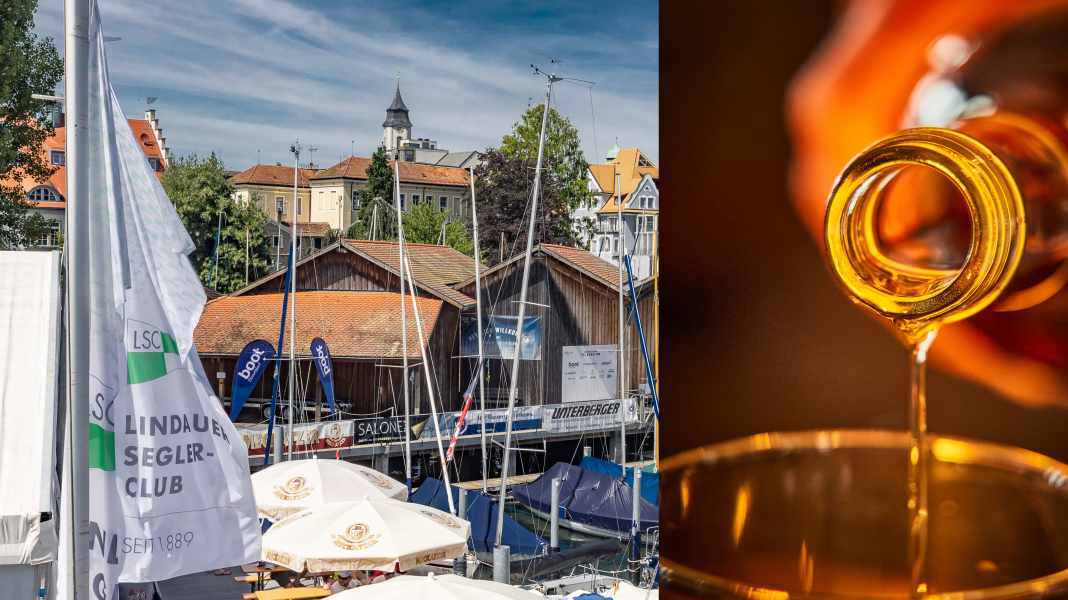Alcohol: Falling into the harbour basin with 2.5 per mille - that will be expensive

On Sunday afternoon, an apparently drunk skipper went overboard in Lindau's sailing harbour while trying to dock. This is reported Vorarlberg Online. According to the report, the 66-year-old Austrian fell into the water while trying to moor his boat to the jetty. Witnesses were able to pull him out. The drifting yacht was secured by another boat. The alcohol test carried out by the police who were called revealed a blood alcohol level of over 2.5 per mille.
Alcohol often too popular
Sailors seem to take alcohol consumption lightly time and time again. For example, at the "Maritime Safety Days", which the water police regularly organise on the German coast in spring, skippers who are too drunk are repeatedly caught.
How much alcohol is allowed?
In Germany, the drink-drive limit for shipping is standardised and applies to all road users. With a few exceptions, boat drivers must adhere to a limit of 0.5 per mille. This corresponds to the values in road traffic. The regulation applies both with and without a driving licence and for all users of waterways or bodies of water, regardless of whether the vessel is motorised. When transporting passengers or dangerous goods, a 0.0 per mille limit always applies.
The legal basis for the drink-drive limit on the boat can be found in both the Maritime Waterways Regulations (SeeSchStrO) as well as in the Inland Waterways Regulations (BinSchStrO) and the Recreational Craft Driving Licence Ordinance (SpFV).
What are the penalties?
If boat drivers do not comply with the blood alcohol limit, this can be considered an administrative offence or a criminal offence, depending on the measured value. An offence against the 0.5 per mille limit can result in fines of between 350 and 2,500 euros for inland shipping and between 750 and 2,500 euros for maritime shipping. In addition to the fine, a driving ban, withdrawal of the driving licence and a medical-psychological examination (MPU) can be ordered, as in road traffic. From a blood alcohol level of 1.1, this is also considered a criminal offence on the water. This is punishable under Section 316 of the German Criminal Code (StGB) and can lead to a fine or a prison sentence of up to five years under Section 315a StGB.
Important to know: Breaking the drink-drive limit while boating can also jeopardise your driving licence for cars. Driving licences can be revoked for serious offences or criminal offences.
Alcohol as a stimulant
In principle, every skipper should think carefully about whether to drink alcohol on the water and if so, how much. Against a well-kept sundowner on land to round off a successful day's sailing. Here are a few suggestions for connoisseurs:
